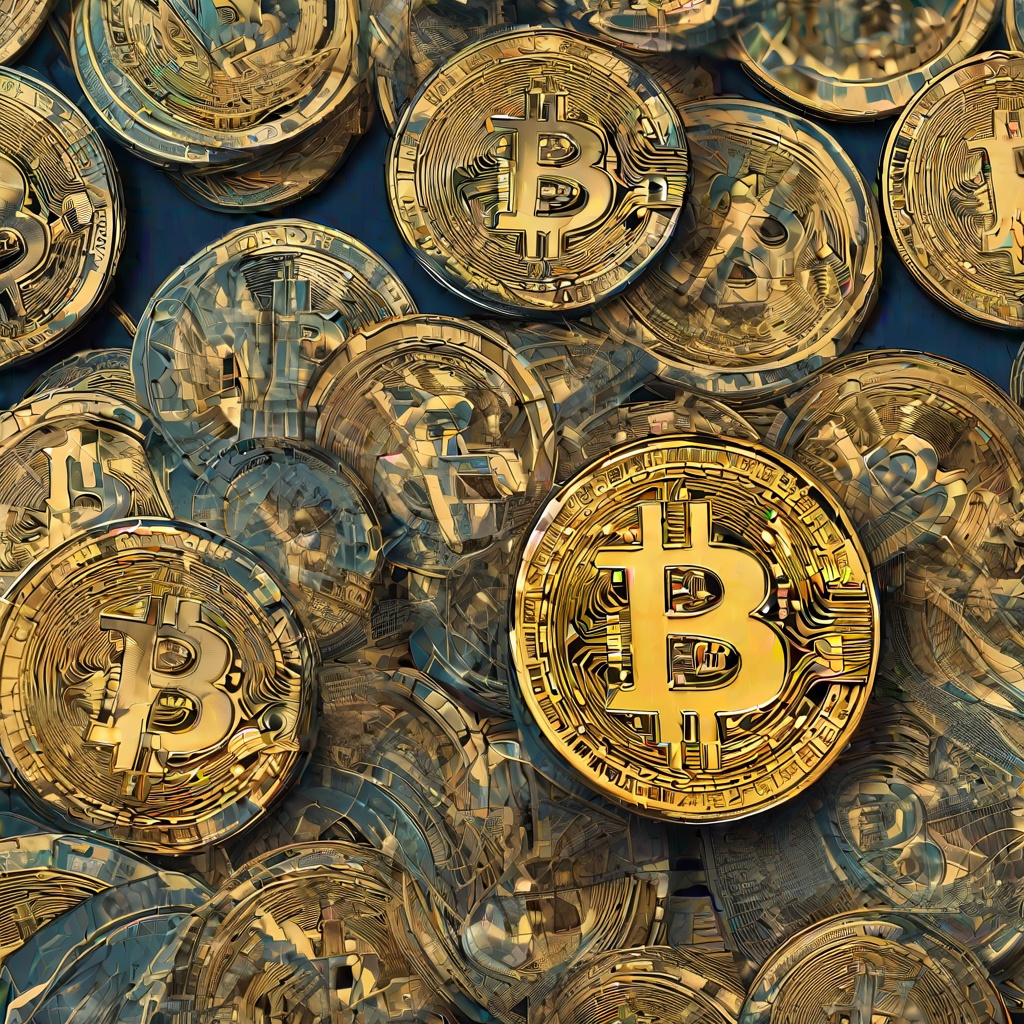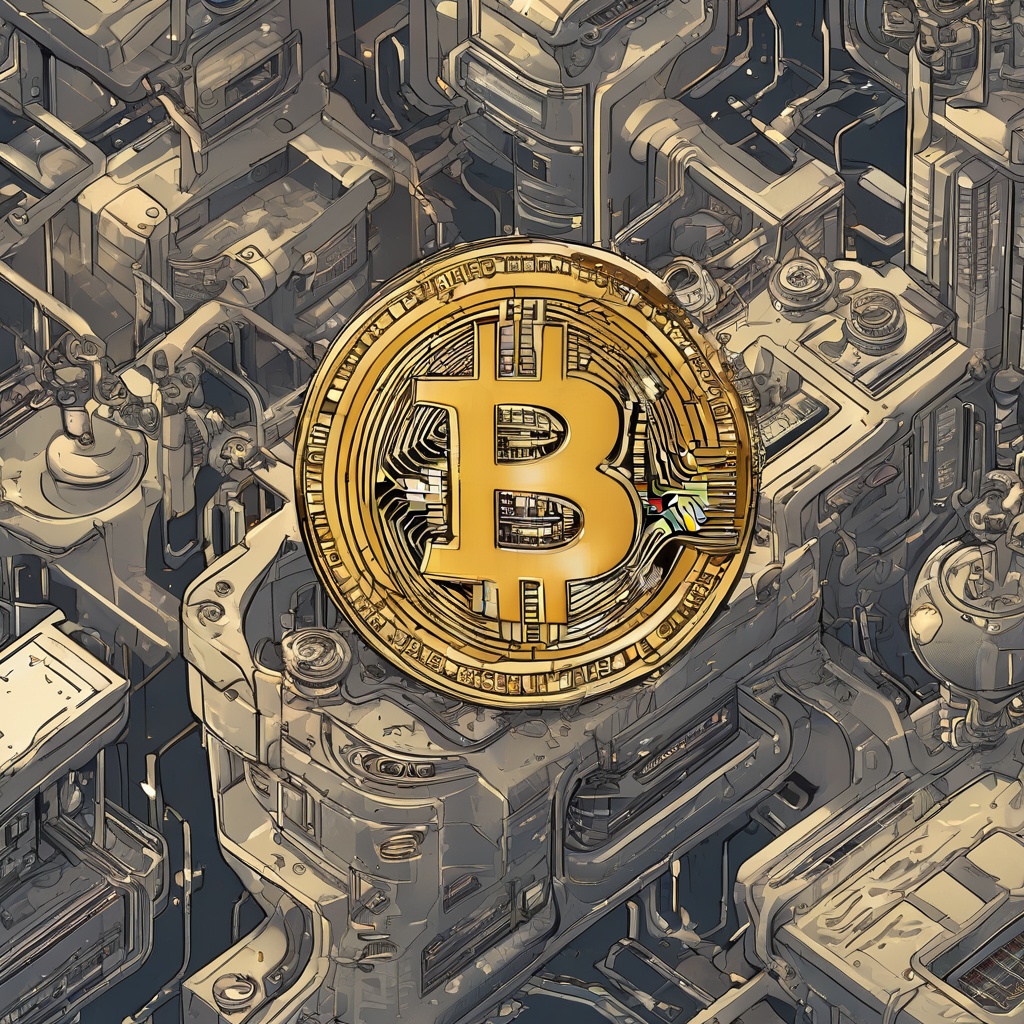Is bitcoin a stock?
Inquiring minds want to know: Is Bitcoin truly classified as a stock? This digital currency has gained immense popularity in recent years, but its classification within the financial spectrum remains somewhat ambiguous. Does it fit neatly into the realm of traditional stocks and bonds, or does it occupy a unique space? As an investor, understanding the nuances of Bitcoin's status is crucial for making informed decisions. Let's delve into this question and see if we can gain a clearer understanding of where Bitcoin stands in the world of finance.

Are Defi tokens a scam?
With the rapid rise of decentralized finance (DeFi) and its associated tokens, it's understandable for investors to ask, "Are DeFi tokens a scam?" While there's certainly potential for lucrative returns in this burgeoning sector, there's also an equal amount of risk. Let's explore the nuances. First off, DeFi tokens offer the promise of disrupting traditional financial systems by providing decentralized, transparent, and often permissionless access to financial services. However, this novelty also brings with it a lack of regulation and oversight, which can be a breeding ground for scams. On the other hand, many legitimate DeFi projects are backed by strong teams, have a clear roadmap, and aim to solve real-world problems. It's important to do thorough research and VET any DeFi token before investing. The bottom line: while there's no guarantee that any DeFi token is a scam or not, it's crucial to exercise caution and due diligence before investing. Ask questions, read whitepapers, and understand the risks involved.

What is cryptocurrency market manipulation?
Cryptocurrency market manipulation - could you elaborate on this phenomenon? It seems to be a hot topic in recent financial discussions, yet the intricacies remain somewhat elusive. Do you believe that market manipulation in the crypto sphere is akin to traditional financial market manipulation, or does it possess unique characteristics? How do individuals or entities potentially manipulate the crypto market? And what are the potential consequences or implications of such manipulation? Your insights into this fascinating yet complex topic would be greatly appreciated.

Are Roman coins magnetic?
Could you elaborate on whether Roman coins exhibit magnetic properties? It's an intriguing question, considering the age and composition of these ancient artifacts. Are there specific types of Roman coins that are more likely to be magnetic? If so, what materials were used in their manufacture that might explain this phenomenon? On the other hand, is it possible that the coins' exposure to environmental factors over time has altered their chemical composition, resulting in a magnetic property? Understanding the science behind this query would help shed light on the fascinating history of Roman coinage.

Are decentralized exchanges a good investment?
In the realm of cryptocurrency and finance, the question of whether decentralized exchanges (DEXs) are a viable investment opportunity has gained significant attention. DEXs, which operate without a central authority or intermediary, promise increased security, transparency, and autonomy for users. However, they also face challenges in terms of liquidity, scalability, and regulatory uncertainty. As a financial professional, I must inquire: Do the potential benefits of DEXs outweigh the risks? Are they truly a good investment for those seeking exposure to the growing decentralized finance landscape? Or are there other factors that investors should consider before making such a commitment?

